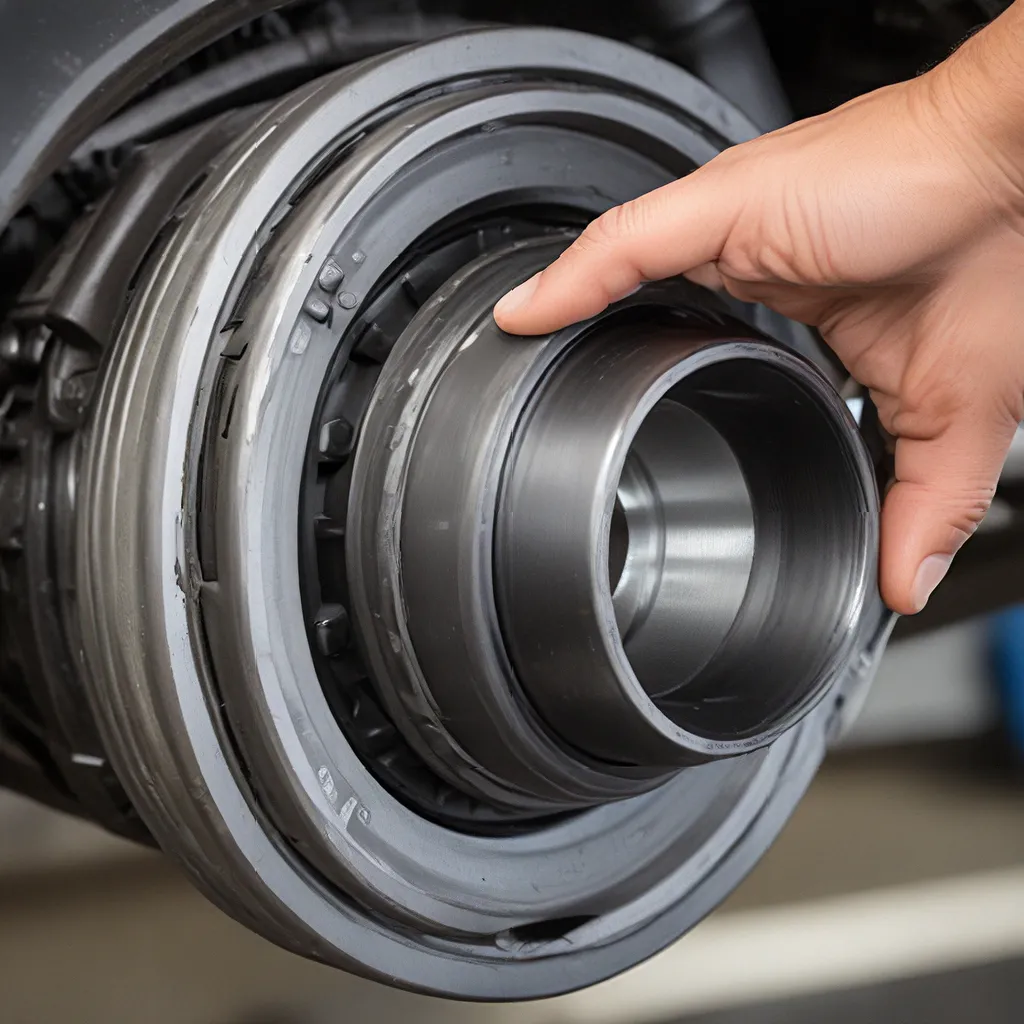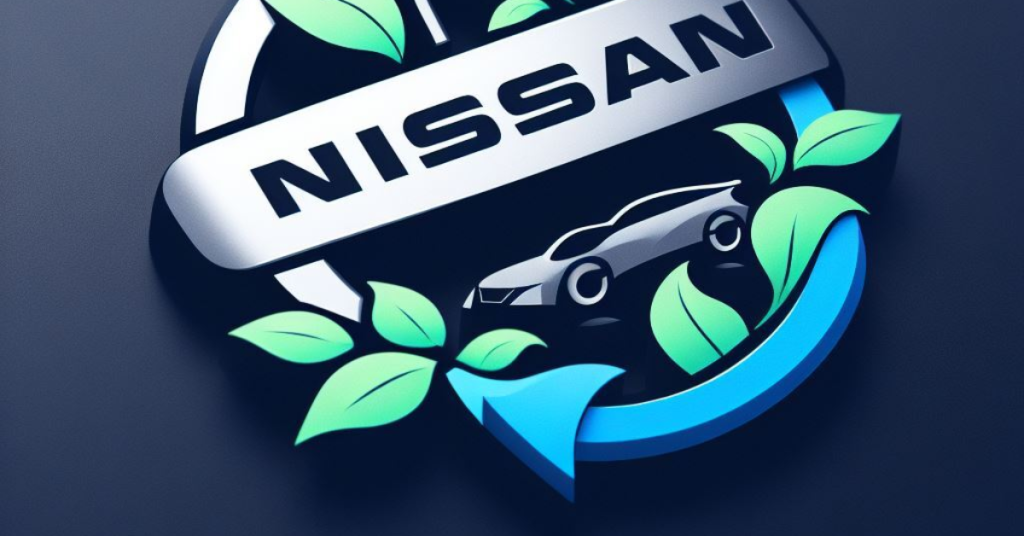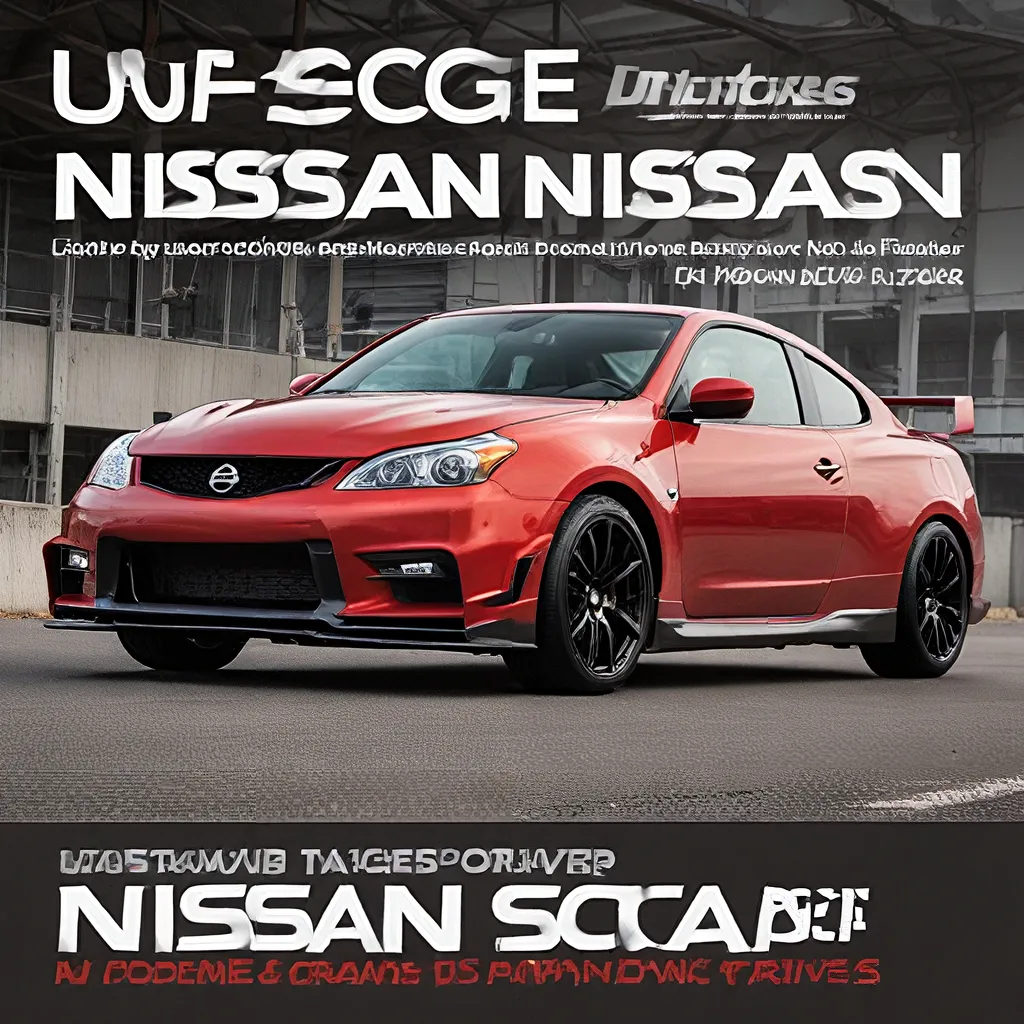
As a proud Nissan owner, I’ve always been fascinated by the inner workings of my car. One component that often flies under the radar, yet plays a crucial role in ensuring a smooth and enjoyable driving experience, is the humble wheel bearing. In this in-depth article, I’ll take you on a journey to uncover the secrets of Nissan wheel bearing maintenance, so you can keep your ride running like a well-oiled machine.
Understanding Wheel Bearings: The Unsung Heroes
Imagine your wheels as the feet of your car, carrying the weight and providing the necessary traction for your vehicle to glide effortlessly down the road. At the heart of each wheel lies the wheel bearing, a complex yet vital component that allows the wheels to spin freely with minimal friction.
These unsung heroes are responsible for supporting the weight of your car, absorbing the impact of bumps and potholes, and ensuring your wheels turn smoothly, even at high speeds. Without properly functioning wheel bearings, your driving experience would be akin to trying to run with rocks in your shoes – rough, noisy, and potentially dangerous.
Recognizing the Signs of Wheel Bearing Trouble
As Nissan owners, we know that our vehicles are built to last, but even the most reliable cars can experience issues with their wheel bearings over time. Staying vigilant and recognizing the early warning signs can help you address any problems before they escalate into more serious (and costly) repairs.
One of the most common indicators of wheel bearing trouble is a distinct whirring or humming noise that seems to increase in volume as you accelerate. This telltale sound can be easily mistaken for other issues, so it’s important to pay close attention to any changes in your car’s auditory cues.
Another sign to watch out for is excessive play or wobble in the wheel. If you notice that your wheel is moving more than it should when you grasp it and try to wiggle it, it could be a sign that your wheel bearing is starting to fail. According to Nissan’s owner’s manual, this is an issue that should be addressed promptly to ensure the safety and integrity of your vehicle.
Perhaps the most dramatic indication of wheel bearing trouble is a sudden, complete failure, which can result in the wheel literally falling off your car. While this scenario is rare, it serves as a stark reminder of the importance of regular maintenance and proactive inspections.
The Importance of Preventative Maintenance
When it comes to wheel bearing maintenance, the old adage “an ounce of prevention is worth a pound of cure” couldn’t be more true. By staying on top of your Nissan’s recommended service schedule and keeping a close eye on the condition of your wheel bearings, you can avoid the headache and expense of a catastrophic failure.
According to Nissan Kicks owners, one of the keys to maintaining smooth, reliable wheel bearings is regular inspection and lubrication. This typically involves checking the wheel bearings for any signs of wear or damage, as well as repacking them with fresh grease to keep them well-lubricated and protected from the elements.
Preventative Maintenance Checklist:
- Inspect wheel bearings for wear, damage, or excessive play
- Repack wheel bearings with fresh, high-quality grease
- Check for any leaks or irregularities in the wheel bearing seals
- Monitor wheel bearing noise and vibration levels
- Replace wheel bearings at the first sign of deterioration
By diligently following this preventative maintenance routine, you can extend the lifespan of your Nissan’s wheel bearings and enjoy a smoother, more reliable driving experience for years to come.
Wheel Bearing Replacement: When the Time Comes
Despite our best efforts, sometimes wheel bearings simply wear out and need to be replaced. This is especially true for high-mileage vehicles or those that regularly tackle challenging terrain or harsh weather conditions.
When it’s time to replace your Nissan’s wheel bearings, it’s important to approach the task with care and precision. According to Nissan’s owner’s manual, the process typically involves removing the wheel, dismantling the brake assembly, and extracting the old bearing. Once the new bearing is installed, the entire assembly must be carefully reassembled and adjusted to ensure proper alignment and function.
While this may sound like a daunting task, the good news is that many Nissan owners find the wheel bearing replacement process to be surprisingly straightforward, especially if they have access to the right tools and a bit of mechanical know-how.
Key Considerations for Wheel Bearing Replacement:
- Use only genuine Nissan parts for a perfect fit and optimal performance
- Follow the manufacturer’s instructions carefully to ensure a proper installation
- Consider enlisting the help of a qualified automotive technician if you’re not comfortable with the DIY approach
- Be prepared to invest the time and effort necessary to complete the job correctly
Remember, the well-being of your Nissan’s wheel bearings is essential to the overall safety and longevity of your vehicle. By taking the time to replace them when necessary, you’re not only preserving the smooth, responsive handling that Nissan is known for, but also safeguarding your investment for years to come.
Embracing the Future: Nissan’s Innovative Wheel Bearing Technologies
As we look towards the future, it’s exciting to see how Nissan is continuously pushing the boundaries of wheel bearing technology. From advancements in materials and design to the integration of cutting-edge sensors and monitoring systems, the company is committed to delivering an even smoother, more reliable driving experience for its customers.
One particularly noteworthy innovation is Nissan’s use of ceramic wheel bearings, which offer enhanced durability, reduced friction, and superior heat dissipation compared to traditional steel bearings. These advanced bearings are already being incorporated into select Nissan models, providing drivers with a quieter, more responsive, and longer-lasting driving experience.
Moreover, Nissan is exploring the integration of intelligent wheel bearing systems that can continuously monitor the condition of the bearings and alert the driver to any potential issues. This proactive approach to maintenance not only helps to prevent unexpected breakdowns but also empowers Nissan owners to stay one step ahead of potential problems.
As we navigate the ever-evolving landscape of automotive technology, it’s clear that Nissan is dedicated to staying at the forefront of wheel bearing innovation. By embracing these exciting advancements, the company is poised to deliver an even more refined and enjoyable driving experience for Nissan enthusiasts like myself.
Conclusion: Unlocking the Path to Smooth Rides Ahead
In the grand scheme of your Nissan’s intricate systems, the humble wheel bearing may seem like a minor component, but its importance in ensuring a smooth, safe, and reliable driving experience cannot be overstated. By understanding the role of wheel bearings, recognizing the signs of trouble, and committing to proactive maintenance, Nissan owners can unlock the secrets to effortless, enjoyable rides for years to come.
As I reflect on my own journey with my Nissan, I’m reminded of the countless moments of pure driving bliss – the exhilaration of navigating winding roads, the comfort of a long-haul highway cruise, and the peace of mind that comes with knowing my car is running at its best. And at the heart of those experiences are the unsung heroes: the wheel bearings, quietly and dutifully ensuring that my Nissan remains a trusted companion on the road.
So, fellow Nissan enthusiasts, let’s raise a metaphorical toast to the wheel bearings – the unsung heroes that keep our rides smooth and our adventures uninterrupted. With a little bit of care and attention, we can unlock the secrets to Nissan wheel bearing maintenance and enjoy many more miles of pure driving bliss.






